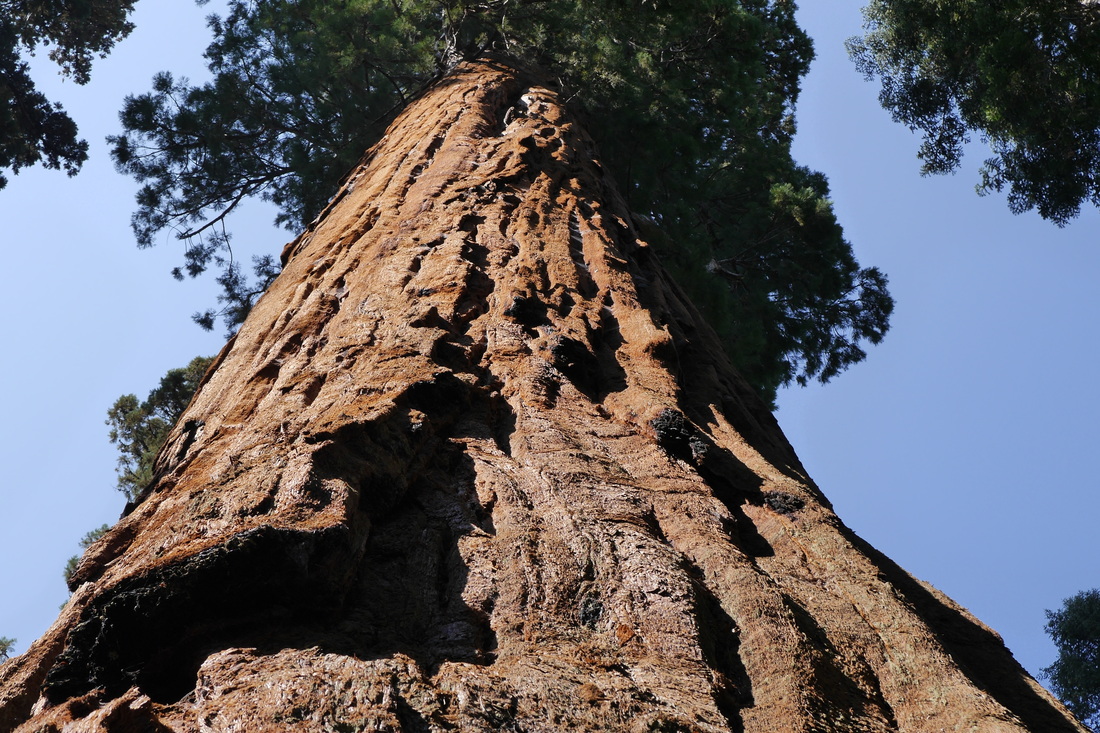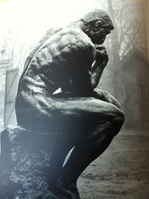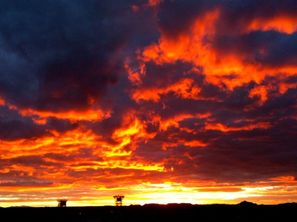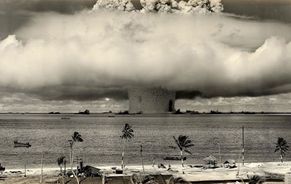
An insight occurred to me while I was traveling through Oklahoma. (I drove the entire trip in complete silence, and so, there was plenty of time to think.) I asked myself what was my most important possession in the trailer? I thought of my bike, telescope, books -- but none of them I could identify as my "most important possession." Rather, the insight I had was this: "my most important possession is my mind, the capacity to reflect and to remember." I always knew that my mind was important, but it had a different hue in my understanding. What I put "into" my mind, or what is seen through the eyes, eventually flows "into" the heart and consequently through the harmonious movements of the body. Mind-heart-body unity is my most valued possession. My material possessions serve to enhance this unity.
I guess this is one of the reasons why I am now at Boston College finishing the fellowship. To study Lonergan is certainly an effort in the study of human understanding and the the dynamics of the mind. The more one understands how understanding works, the more transparent the dynamics of progress and decline underlying economics, politics, and religion become. Take for example the refugee crisis and the vast movements of populations. Last week a friend sent me this video clip on children in Syria, a crisis that is "over there."
https://www.youtube.com/watch?v=fSIpARmq2WI&app=desktop
How much do I know what is happening in the Middle East and Central Asia? Not much. So I decided I needed to learn more about what is happening in that part of the world. A couple weeks ago I picked up a copy of "Descent into Chaos: The U.S. and the Disaster in Pakistan, Afghanistan, and Central Asia" by Ahmed Rashid, who is also the author of the #1 New York Times Bestseller "Taliban." Rashid is one of the finest authors I have read; I cannot put the book down and I highly recommend it to anyone who wants to get a grasp of post 9/11 events and the fertile ground for the emergence of the ISIS phenomenon. The book helped me realize that I need to search for other sources of information other than CNN and FOX NEWS. The question continues to haunt me: What does it mean "to be informed"? Is this not a question about the function of the mind? I think it is about asking and answering questions.
Einstein once said: "I am not a genius; I just stay with the questions longer than most people."





 RSS Feed
RSS Feed
